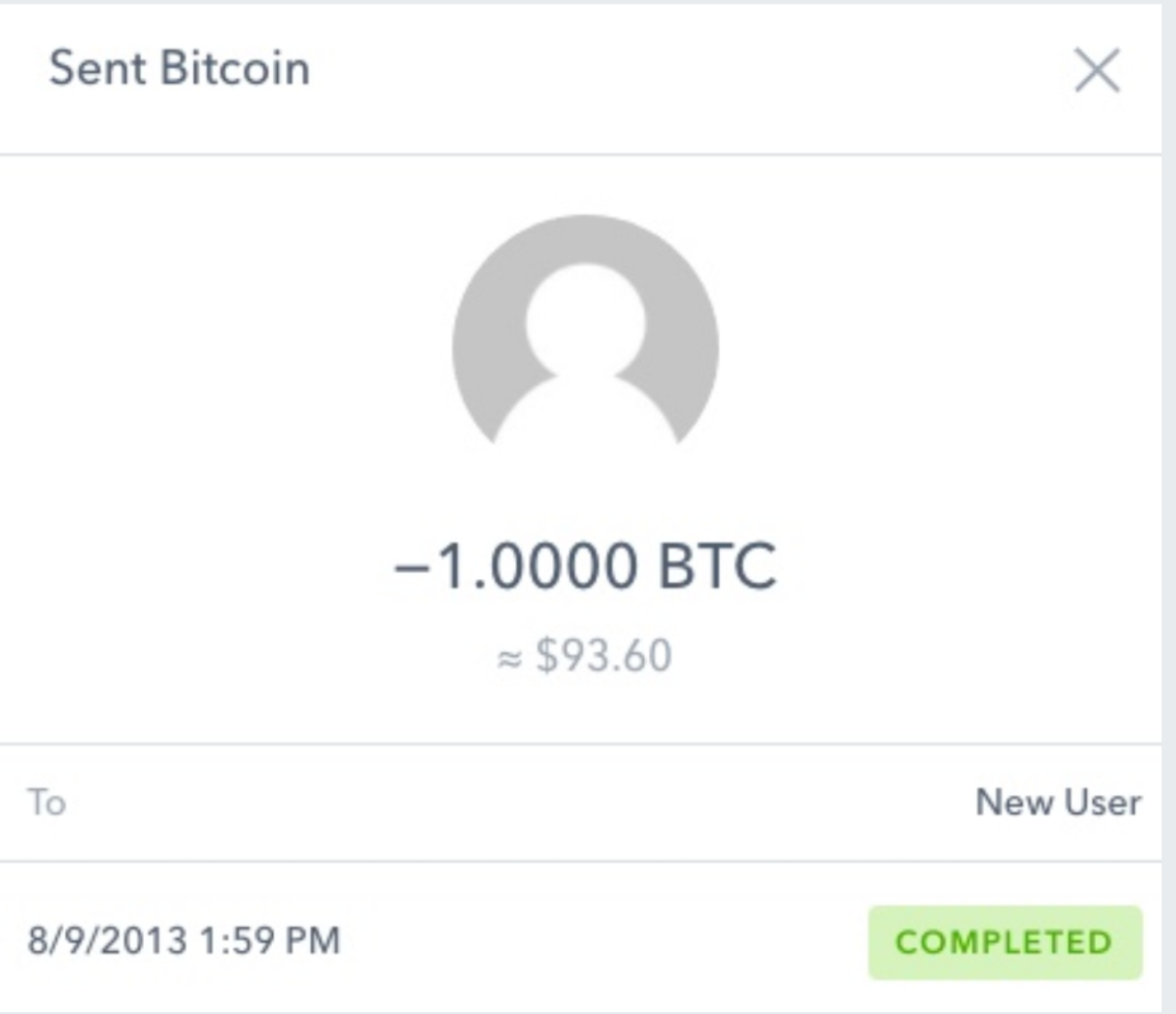Business Model Innovation
I’ve shared my views on this before here at AVC. I believe business model innovation is more disruptive than technical innovation.
A good example of this was moving from web apps to mobile apps, which was largely a technical innovation. While the move to mobile certainly created some new companies, it largely strengthened the market position of the big Internet companies because there was little to no business model innovation.
Compare that to the move from desktop computing to the web. We saw massive disruption as we went from a licensed software business model to an advertising supported business model, which has evolved into an advertising/subscription freemium business model.
I am excited about the move to crypto based business models supporting decentralized apps for this very reason. I think it opens up the possibility that some very large new companies will be created that innovate largely on entirely new business models.
An area that is particularly ripe for this kind of innovation is user generated content or, more broadly user generated products and services.
If you think about something like Instagram, the software is great but could fairly easily be replicated. But the network of users and the content they create is impossible to replicate. That is where the value is created. Or think about Reddit where the community creates the content. Or think about Waze where the users generate the data about which way has the least traffic.
In these sorts of businesses, the ideal model would remunerate the users for creating the content and allow them to take their content elsewhere if a better deal were to emerge.
That is precisely what a decentralized application built on an open data protocol would do from a technology perspective. And the remuneration of the user is what a token incentive model would offer in terms of a new business model.
So why have we not seen this emerge yet? Bitcoin has been around for over ten years. People have been mining Bitcoin and earning tokens for doing so for more than a decade. This new business model is sitting there in plain sight.
Well first of all, quite a few entrepreneurs have tried. Steem is a decentralized Reddit with a token incentive model and it has been around for a while now. There are over 150 decentralized apps in the Blockstack app store (Blockstack is a USV portfolio company).
So it is not for lack of trying.
I believe the primary inhibitor to this business model innovation is that it requires users to own crypto-assets and store them in a wallet somewhere and be comfortable using them to access decentralized apps. That has not gone mainstream and we need a killer app to make that happen. That is why USV has gotten behind Libra. We think it could be the thing to get mainstream users there.
But if not Libra, I am confident it will be something that gets billions of users holding and using tokens on our phones. And when that happens, a wave of business model innovation will be upon us. I’m super excited for that.

